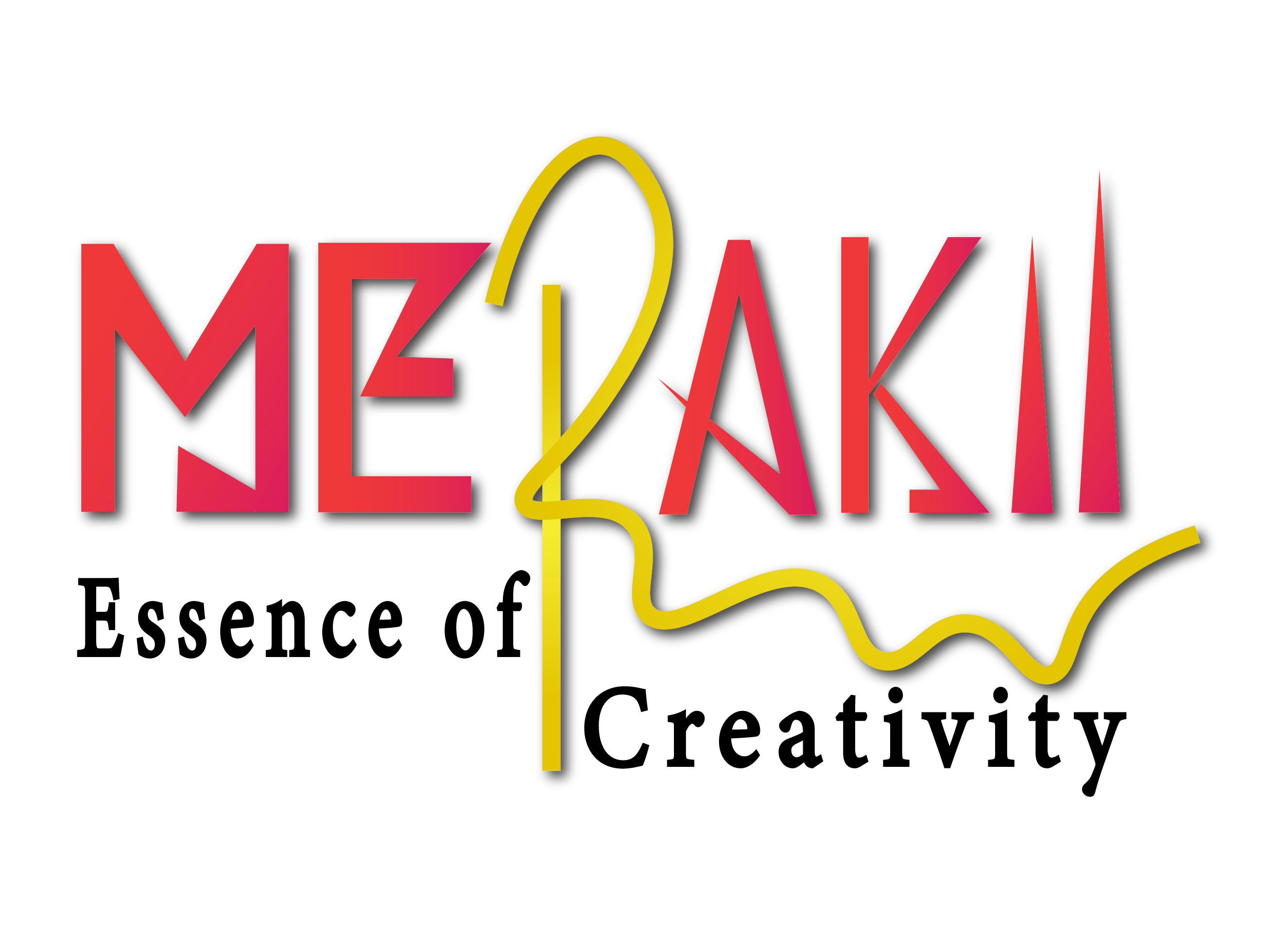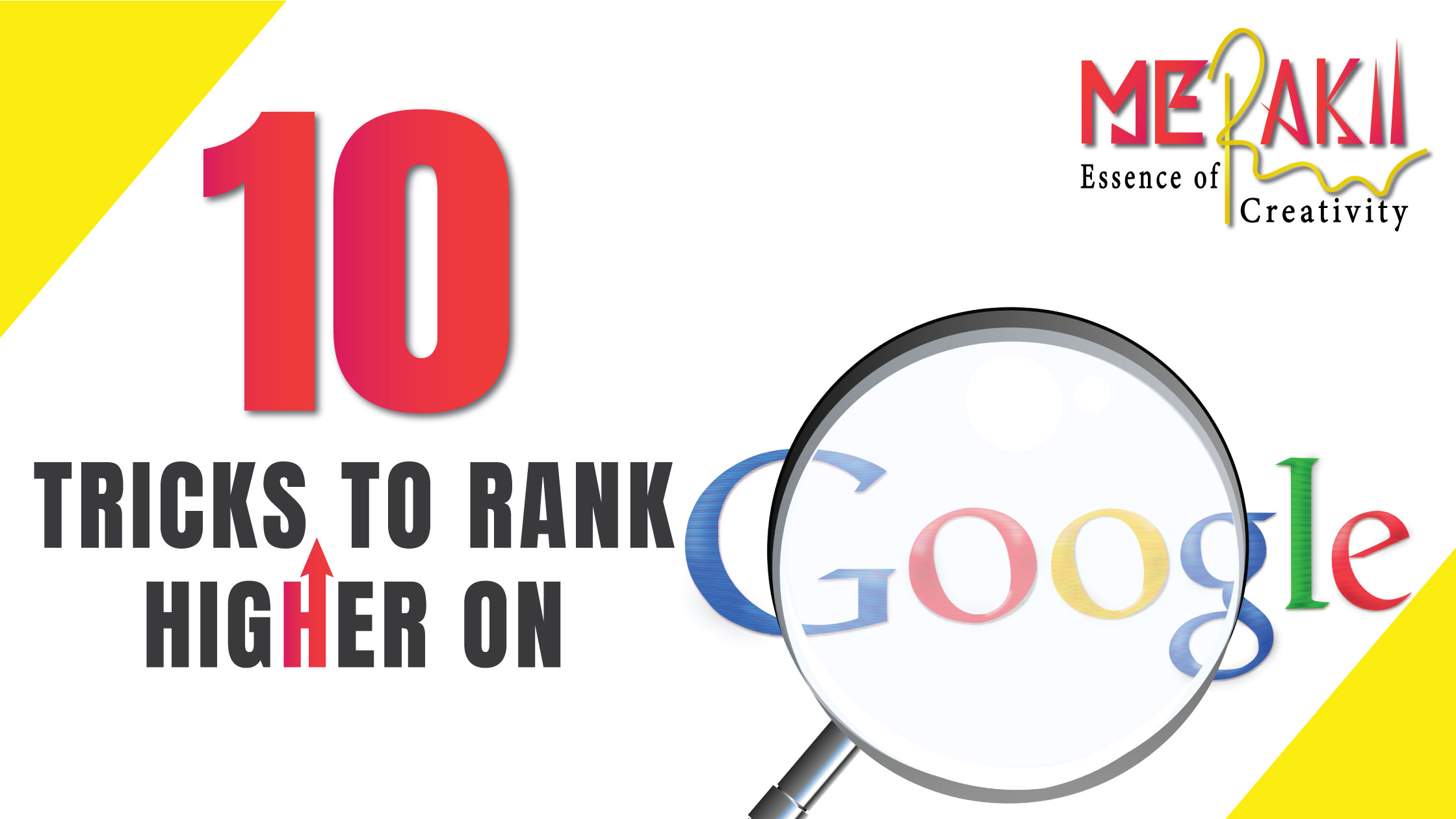10 Tricks to Rank Higher on Google
10 Tricks to Rank Higher on Google
The Google Search Algorithm, often associated with Google SEO, determines which search result will land where. Understanding how the Google algorithm works and understanding how to beat it to rank higher than your competitive websites is essential for effective SEO (Search Engine Optimization) strategies.
Billions of Google searches are conducted daily. By comprehending the intricacies of the Google algorithm, website owners can implement SEO techniques aligned with its requirements.
Google's ranking systems consider various factors, including the words used in search queries, the relevance and usability of web pages, the credibility and expertise of sources, and personalized settings such as location. These factors impact the weighting assigned to different elements, ensuring that users receive the most relevant and valuable results.
To succeed in Google SEO, website owners must focus on optimizing their content and web pages. This involves thorough keyword research to identify the terms and phrases users search for and strategically incorporate them into the website's content. On-page optimization, link building, and creating high-quality, informative content are also crucial aspects of SEO.
By implementing effective Google SEO strategies aligned with your business goals, businesses can increase their visibility, attract organic traffic, and potentially improve conversions. It's important to stay updated with SEO best practices as Google's algorithm evolves over time.
Functioning of Google Algorithm: Key Terms and Definitions
Let us understand the key terms associated with the functioning of the Google Algorithm:
- Google Algorithm: The complex set of rules and calculations used by Google to determine the ranking of web pages in its search results.
- SEO: SEO full form is Search Engine Optimisation. It is the process of optimizing a website's content, structure, and other related elements to improve your website's ranking and visibility in the search engine. It is very essential to optimize your websites accordingly to gain organic traffic and potential conversions.
- SERP (Search Engine Results Page): This is the page displayed by a search engine, such as Google, that shows the results for a specific search query.
- Crawling: The process by which search engines scan and analyze web pages on the internet to gather information and index them in their search databases.
- Indexing: It is the process of adding web pages to a search engine's index, allowing them to be retrieved and displayed in search results when relevant queries are made.
- User Intent: The underlying motivation or goal behind a user's search query. Understanding user intent helps search engines deliver more relevant results and informs SEO strategies.
- Mobile-Friendly: Refers to websites or web pages that are optimized and designed to provide a good user experience (UX) on mobile devices, such as smartphones and tablets. Mobile-friendliness is crucial to Google's ranking algorithm, especially after the Mobile-First Indexing update.
- Core Web Vitals: A set of user-centric performance metrics used by Google to assess web pages' loading speed, interactivity, and visual stability. These metrics include Largest Contentful Paint (LCP), First Input Delay (FID), and Cumulative Layout Shift (CLS).
- User Experience (UX): The overall experience any user has when they interact with a website, including factors like ease of navigation, page load speed, mobile-friendliness, readability, and visual appeal. Google considers user experience as an essential ranking factor.
- Organic Search Results: The unpaid search results displayed by search engines. It is based on the site's content and relevance to the user's query, as determined by the algorithm. Organic search results are distinguished from paid advertisements.
- Bounce Rate: It is loosely defined as the percentage of visitors who leave a website or return after viewing only one page of the site, without taking any further action. A high bounce rate can indicate that the page or website is not meeting user expectations or needs.
- Black Hat SEO: Unethical or manipulative SEO practices that violate search engine guidelines. These practices could include keyword stuffing, cloaking, link schemes, and content scraping. Engaging in black hat SEO can lead to penalties or deindexing by search engines.
To achieve higher rankings on Google and improve your website's visibility, consider implementing the following professional SEO tips and strategies:
- Craft Compelling and Unique Content: Creating high-quality, engaging content that stands out is very important. Such content could offer valuable insights, actionable tips, and compelling storytelling to captivate your audience and encourage them to stay on your site.
- Conduct Thorough Keyword Research: Uncover the keywords and phrases relevant to your target audience and industry. Integrate them naturally into your content, ensuring a seamless flow that both search engines and readers appreciate.
- Optimize On-Page Elements: Fine-tune your website's on-page elements to enhance search engine visibility. Craft enticing title tags, compelling meta descriptions, and user-friendly URLs that accurately represent your content and entice click-throughs.
- Prioritize User Experience: Focus on providing a seamless, user-friendly experience across all devices. Optimize your website's loading speed, simplify navigation, and ensure mobile responsiveness. A positive UX leads to increased engagement and better search rankings.
- Cultivate High-Quality Backlinks: Earn authoritative backlinks from reputable websites within your industry. Seek out opportunities for guest blogging, collaborate with influencers and foster relationships with thought leaders. Quality backlinks signal trust and authority to search engines.
- Leverage Social Media Engagement: Establish a strong presence on relevant social media platforms. Engage with your audience, share valuable content, and encourage social sharing. Increased social signals can positively impact your website's visibility and organic reach.
- Harness the Power of Local SEO: Optimize your website for local searches if your business serves a specific geographic area. Claim and optimize your Google's My Business listing, acquire positive reviews, and ensure consistent business information across online directories.
- Implement Secure Website Practices: Prioritize the security of your website by obtaining an SSL certificate. This should be undertaken to protect user data and boost your credibility in the eyes of search engines.
- Stay Fresh with Regular Updates: Keeping your website up to date by regularly refreshing existing pages, publishing new content, and maintaining a blog will keep your website fresh and attractive. This demonstrates your commitment to providing relevant and timely information to your audience.
- Analyze and Adapt: Analytical tools like Google Analytics and Google Search Console will help you monitor your website's performance, track keyword rankings, and identify areas for improvement.
By implementing these expert SEO suggestions, you can boost your website's exposure, draw more organic visitors, and ultimately rank higher on Google. Remember that SEO is an ongoing and continual process that needs commitment and constant improvement to succeed in the long run.
With the appropriate SEO methods, you can rank better on Google and increase traffic to your website. You may increase the visibility of your website and draw in the interest of your target audience by emphasizing producing high-quality content, optimizing on-page features, enhancing user experience, constructing authoritative backlinks, and keeping up with industry trends.
At Merakii Creations, we understand the importance of effective SEO in maximizing your online presence. Don't miss the opportunity to rank higher on Google and increase organic traffic. Contact Merakii Creations today to discuss your SEO needs and take the first step toward unlocking your website's full potential. Let us help you achieve SEO success and drive your business forward.






